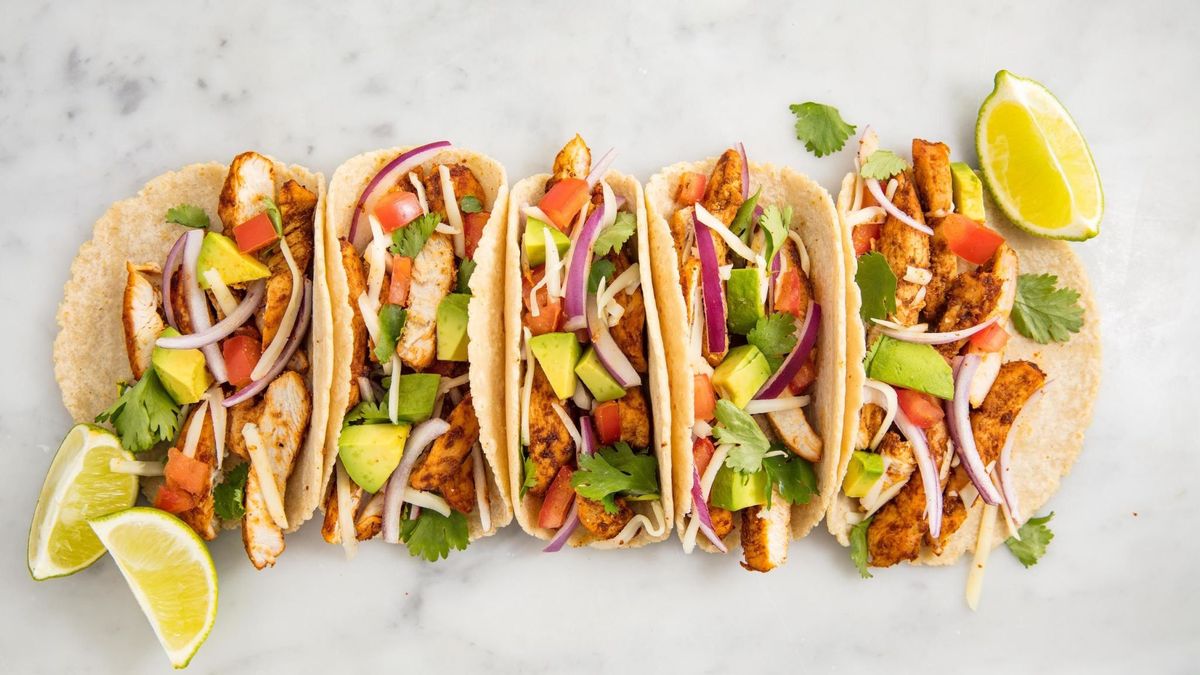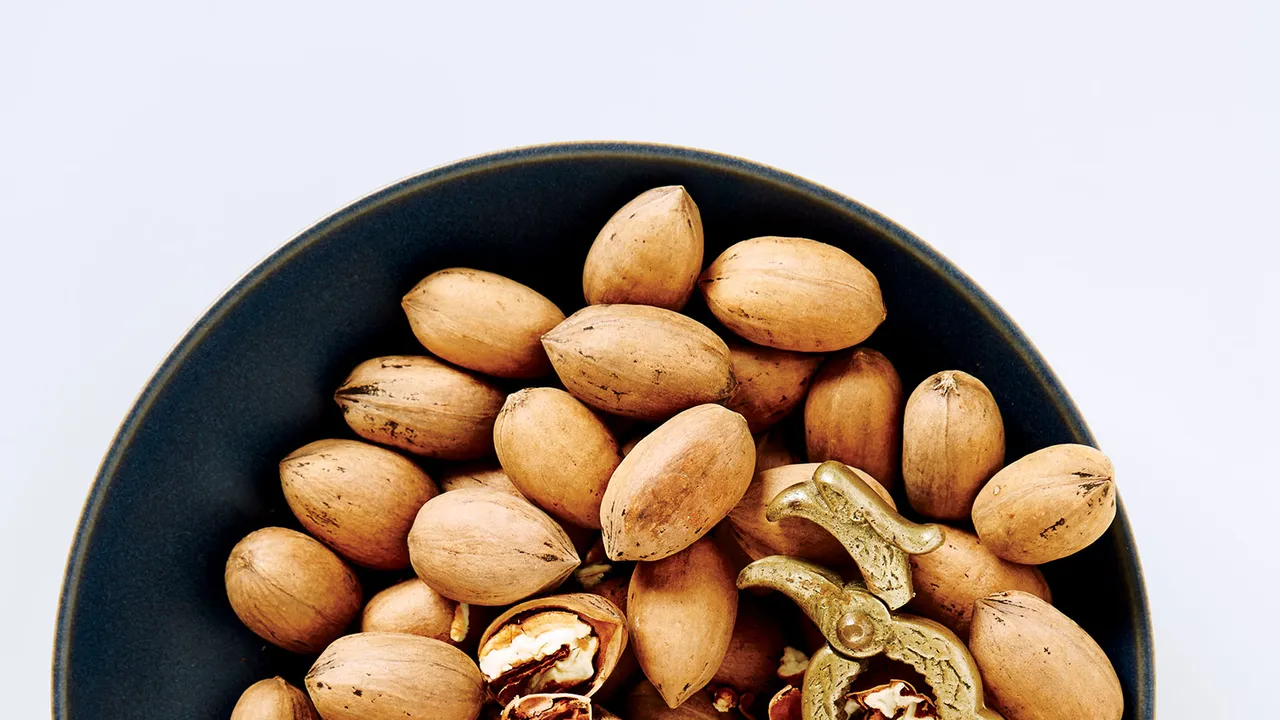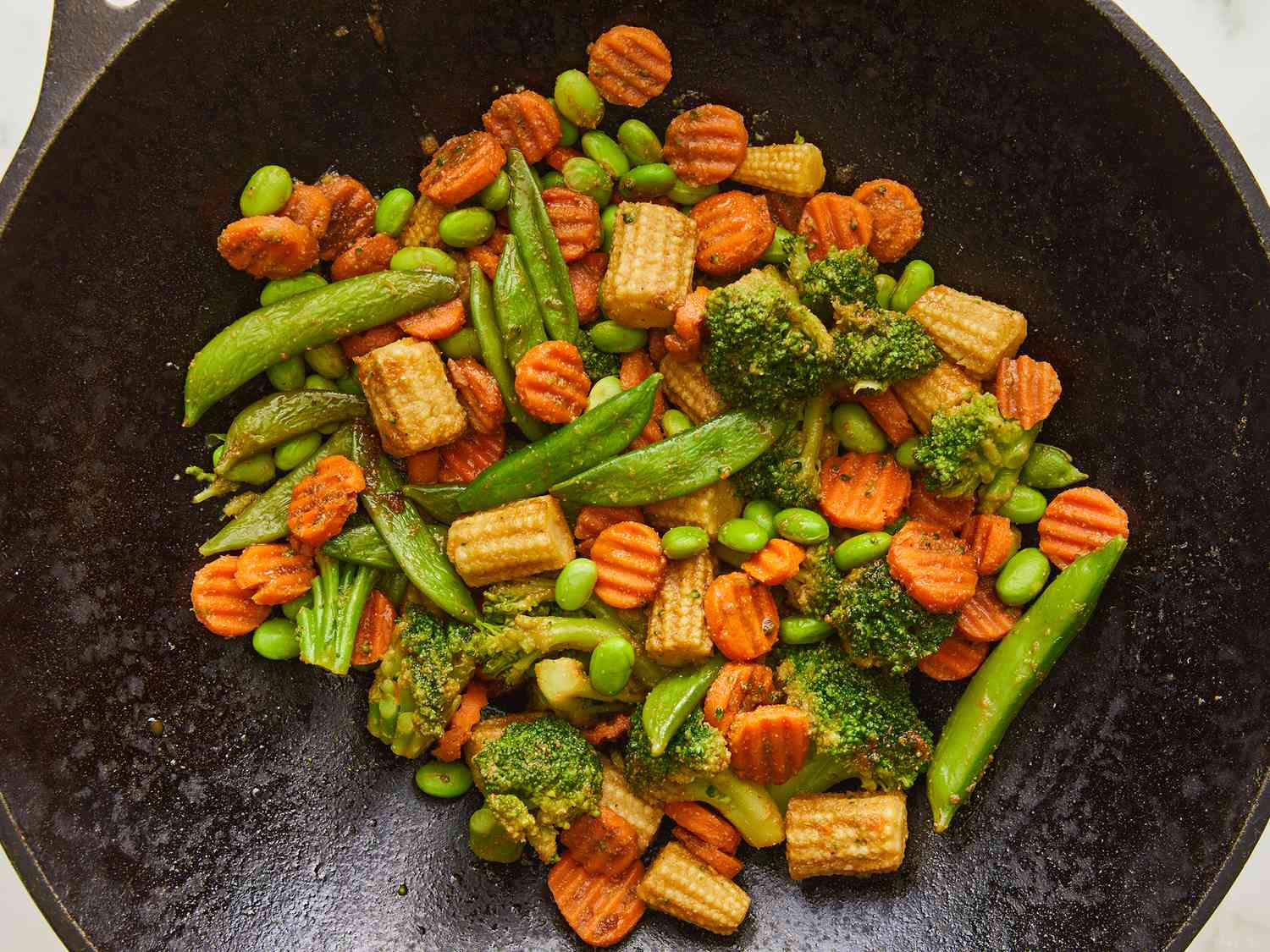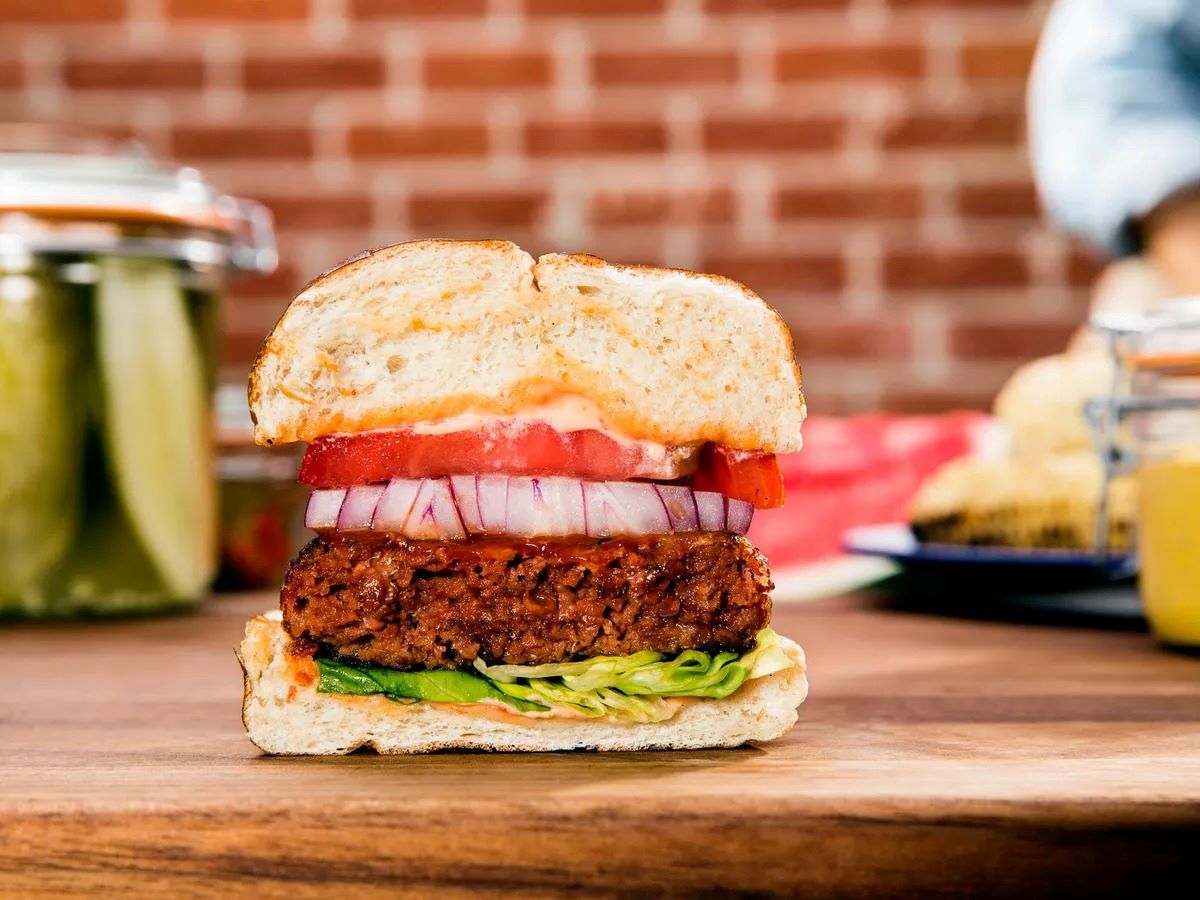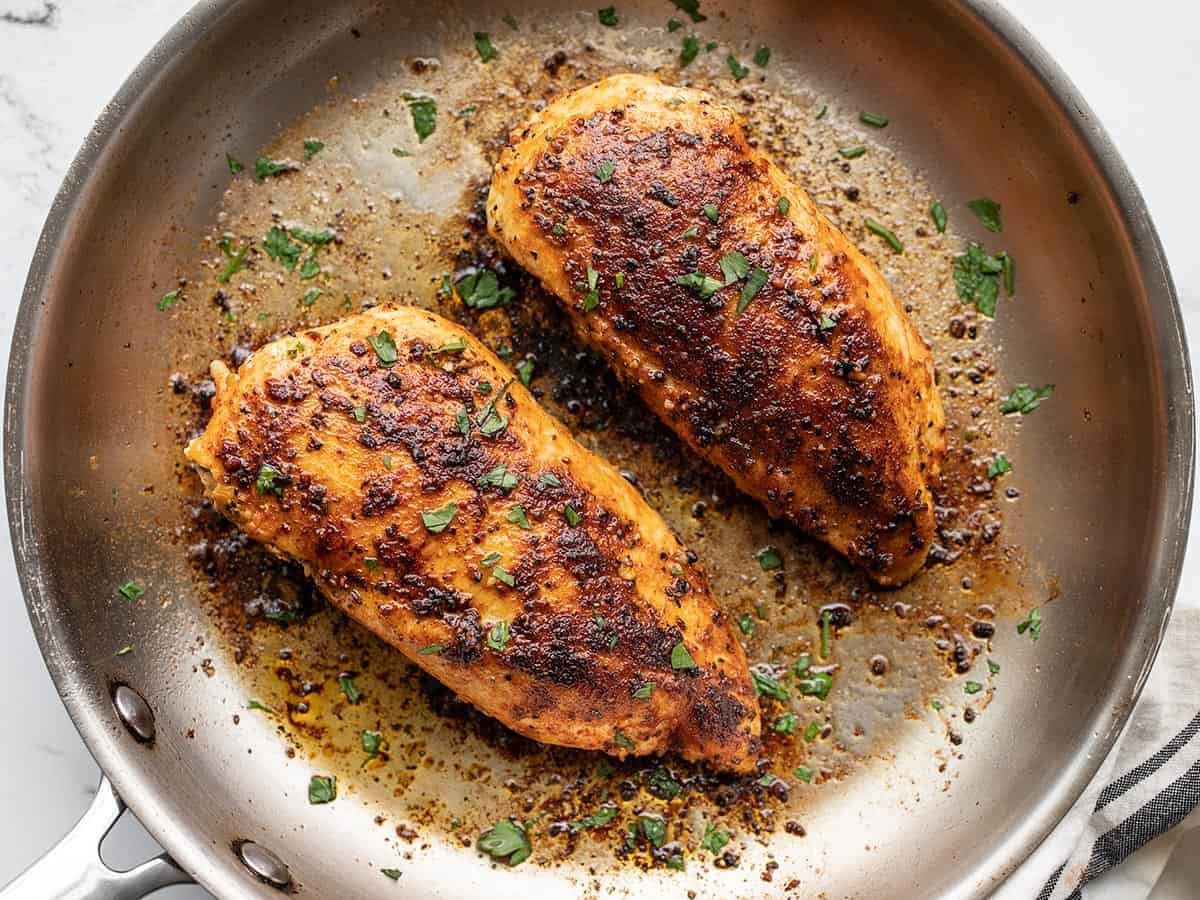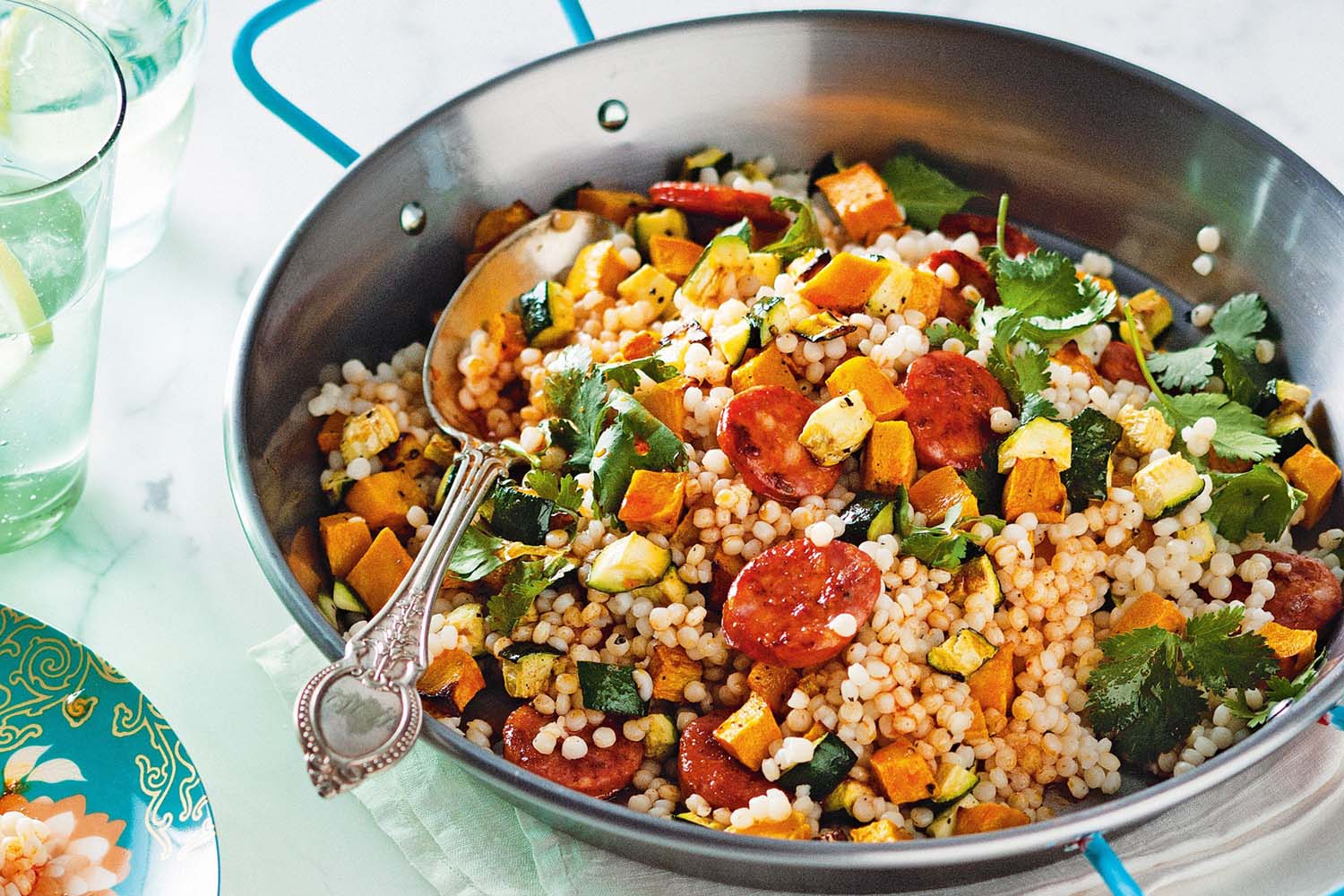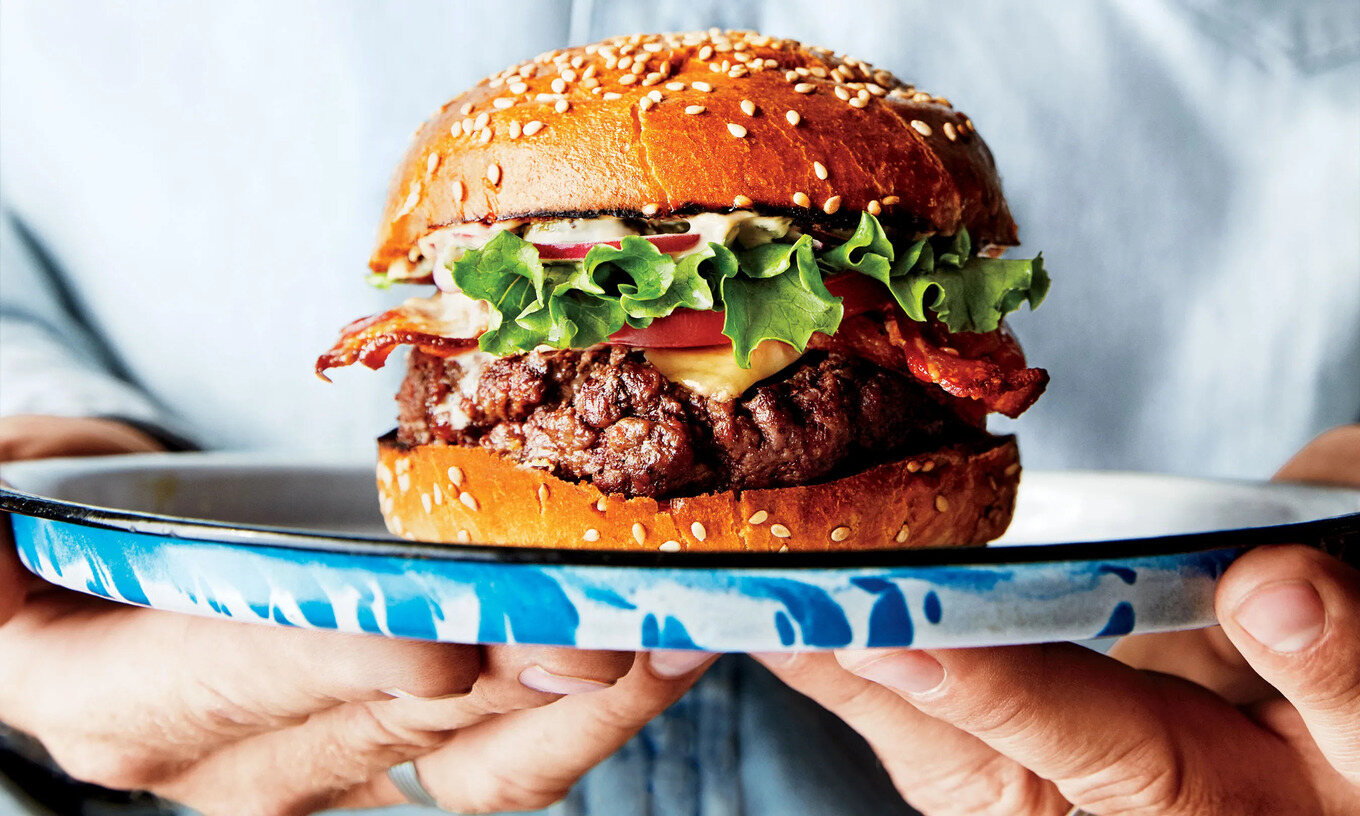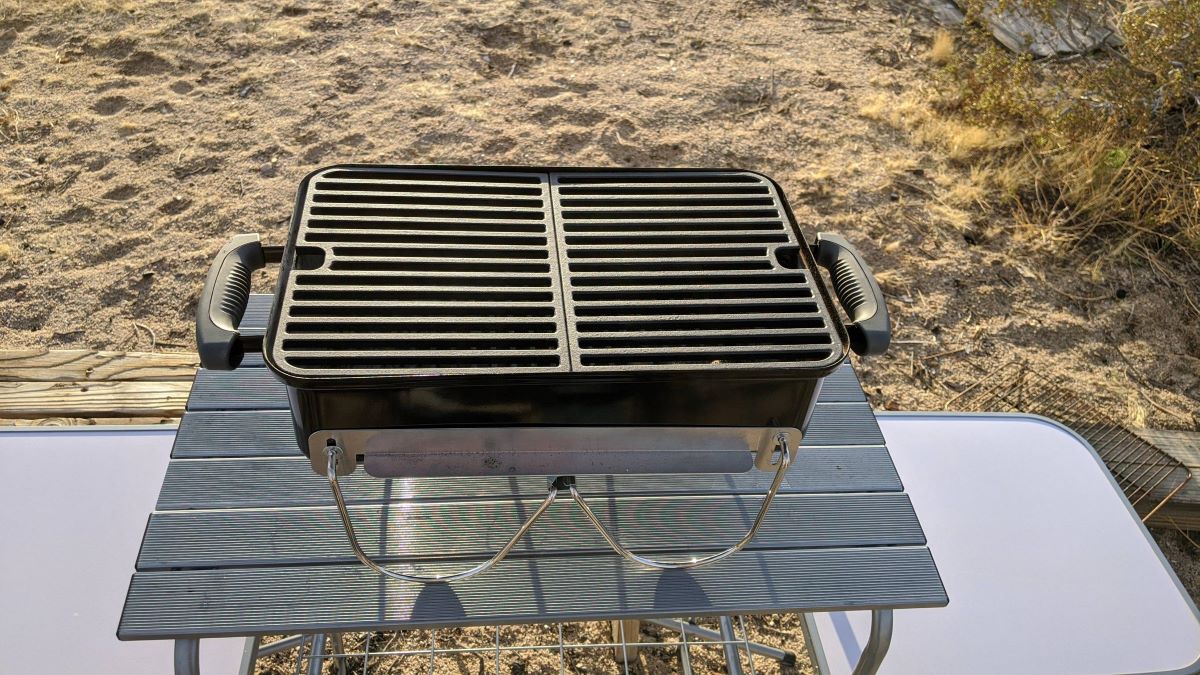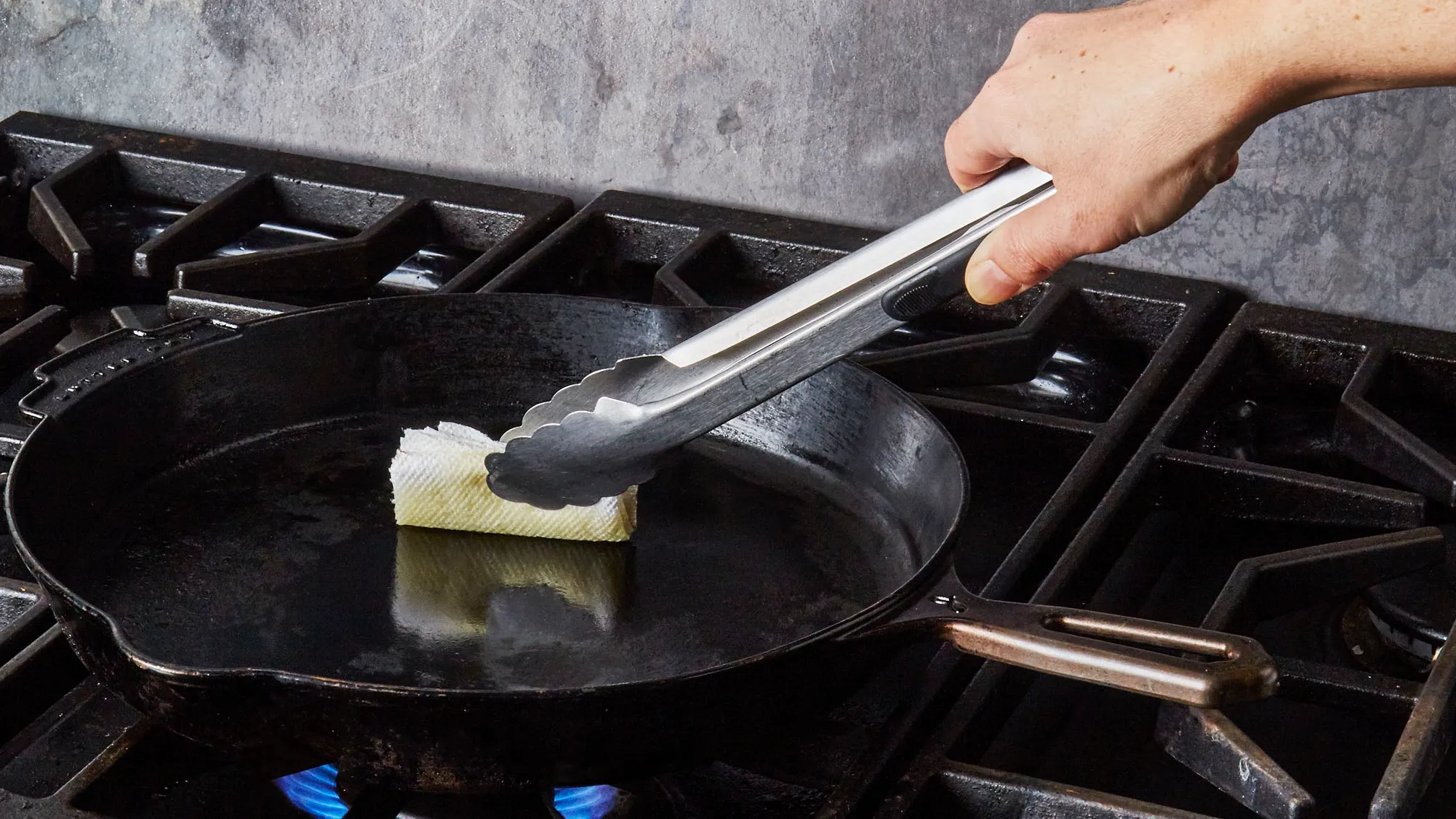When it comes to making delicious pulled pork, seasoning is key. The right blend of spices and herbs can take your Boston butt from good to great. Whether you're cooking in a smoker, slow cooker, or oven, the seasoning is what gives your pulled pork its flavor. In this article, we'll explore the best ways to season a Boston butt for pulled pork.
Choosing the Right Seasoning
The first step in seasoning your Boston butt is choosing the right blend of spices and herbs. There are countless seasoning blends available, but you can also create your own custom blend. Here are some common spices and herbs to consider for seasoning your Boston butt:
- Salt: Salt is essential for bringing out the natural flavors of the meat.
- Pepper: Black pepper adds a subtle heat and depth to the seasoning.
- Paprika: This spice adds a rich, smoky flavor and a vibrant red color to the meat.
- Garlic powder: Garlic powder provides a savory, aromatic flavor to the pork.
- Onion powder: Onion powder adds a sweet and pungent flavor to the seasoning.
- Brown sugar: Brown sugar helps to caramelize the meat and adds a touch of sweetness.
- Cumin: Cumin offers a warm, earthy flavor that complements the pork.
Creating Your Seasoning Blend
Once you've chosen your spices and herbs, it's time to create your seasoning blend. You can mix the spices together in a bowl, adjusting the quantities to suit your taste preferences. A simple and versatile seasoning blend for Boston butt might include:
- 2 tablespoons of salt
- 1 tablespoon of black pepper
- 1 tablespoon of paprika
- 1 tablespoon of garlic powder
- 1 tablespoon of onion powder
- 2 tablespoons of brown sugar
- 1 teaspoon of cumin
Combine these ingredients thoroughly to create a well-balanced seasoning blend for your Boston butt.
Applying the Seasoning
Once you've mixed your seasoning blend, it's time to apply it to the Boston butt. Make sure to coat the entire surface of the meat with the seasoning, using your hands to rub it in thoroughly. For the best results, let the seasoned Boston butt sit in the refrigerator for at least an hour before cooking. This allows the flavors to penetrate the meat and enhances the overall taste of the pulled pork.
Cooking Methods
There are several methods for cooking a Boston butt for pulled pork, including smoking, slow cooking, and oven roasting. Each method offers its own unique flavor and texture. Regardless of the cooking method you choose, the seasoned Boston butt should be cooked low and slow to achieve tender, flavorful pulled pork.
- Smoking: Smoking the Boston butt over low heat for several hours infuses the meat with a rich, smoky flavor.
- Slow cooking: Using a slow cooker or crockpot allows the meat to cook slowly and evenly, resulting in tender, juicy pulled pork.
- Oven roasting: Roasting the Boston butt in the oven at a low temperature produces succulent pulled pork with a caramelized crust.
Conclusion
Seasoning a Boston butt for pulled pork is a crucial step in creating a flavorful and delicious dish. By choosing the right spices and herbs, creating a well-balanced seasoning blend, and applying it generously to the meat, you can elevate your pulled pork to new heights. Experiment with different seasoning blends and cooking methods to find the perfect combination for your taste preferences. With a little creativity and the right seasoning, you can enjoy mouthwatering pulled pork that will impress your family and friends.
Was this page helpful?
Read Next: How To Season Fried Chicken Breast

